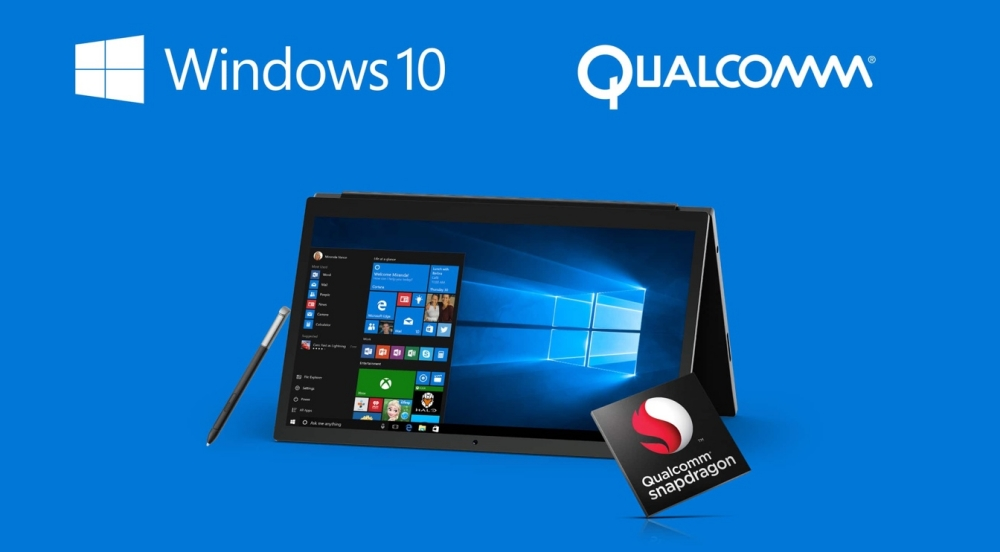Η Microsoft κυκλοφόρησε τα Windows σε ARM, υποσχόμενη τεράστιες βελτιώσεις στη διάρκεια ζωής της μπαταρίας και καλύτερη απόδοση σε πάρα πολλά products.
These products are supposed to come not only from Microsoft but also from its partners. However, although several devices have been released in recent years, Windows in ARM has not been adopted by the public.

The reason is simple: these devices are very expensive and it makes no sense to invest in such a platform when there are alternatives solutions by Intel at a better price.
Qualcomm CEO Miguel Nunes recently said in an interview with Golem that the first Windows on ARM devices were "inadequately priced", so customers were reluctant to buy them.
Microsoft itself has tried to address this issue with more affordable models Surface, but of course the whole ecosystem will have to follow in its footsteps to release cheaper Windows on ARM products.
Windows in ARM, released in 2017, has evolved significantly, so it now supports x64 emulation. Microsoft says it is working with Qualcomm to further develop the platform.
“With developers increasingly natively supporting them applications ARM64, emulating x64 apps is an important step in our journey with Windows 10 on ARM. Through our partnership with Qualcomm Technologies, Windows 10 on ARM PCs continues to deliver incredible battery life, 4G LTE and 5G connectivity, and immersive experiences with AI acceleration, pen and touch capabilities – all features that we believe are very necessary at work.”
Whether Windows in ARM will eventually succeed or not is a matter to be seen. But for now, the price of the available devices is obviously disappointing.





